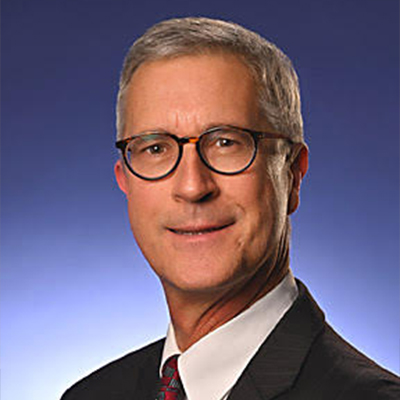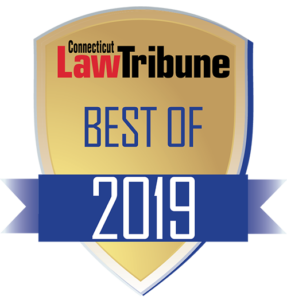Lloyd has been handling tort and insurance practice litigation (as advocate, as arbitrator and as mediator) since graduating from the University of Connecticut School of Law in 1985. Whether at Hartford’s Regnier, Taylor, Curran & Langenbach (where he was an associate from 1985 to 1992), or Morrison, Mahoney & Miller (where he helped develop that firm’s nascent Hartford office), or since forming Pedersen & Stewart, LLC in 2003, his practice has involved the trial, arbitration or mediation of all variety of third-party and first-party claims, involving liquor liability, defective products, motor vehicle and property claims, fire loss, uninsured motorist claims and more.
To all his mediations or arbitrations Lloyd brings with him the perspective acquired from trying jury cases to verdict in most of Connecticut’s judicial districts, or handling those trial court determinations through the appellate process.
- A wrongful death verdict at the New Haven Superior Court involved a decedent who lost his life while a passenger in a tow truck that drove into the undercarriage of a tractor trailer that sat astride a New Haven road.
- At the Stamford Superior Court he tried a case of first impression in Connecticut, initially before the late Judge Thomas Nadeau, and thereafter (after return from the Connecticut Supreme Court) before Judge Tag Adams, involving a claim against a custody visitation monitor, stemming from an incident in which a minor child of an Iranian couple was kidnapped by an estranged husband and removed to their home country of Iran, never to be within reach of the distraught mother again (Mirjavadi v. Vakilzadeh).
- At the Connecticut Supreme Court his was the now-seminal case in Connecticut on common law indemnity (Skuzinski v. Bouchard Fuels).
Throughout the past thirty-seven years of handling tort and insurance matters Lloyd has come to regard alternative dispute resolution as an invaluable tool for cost containment and achieving early resolution, as well as – in those situations where a case does not resolve – case preparation, as the ADR process itself allows all parties to evaluative their own position, the strength of their evidence, the quality of their testimony, and to learn how an objective, deliberative neutral views the underlying case.


